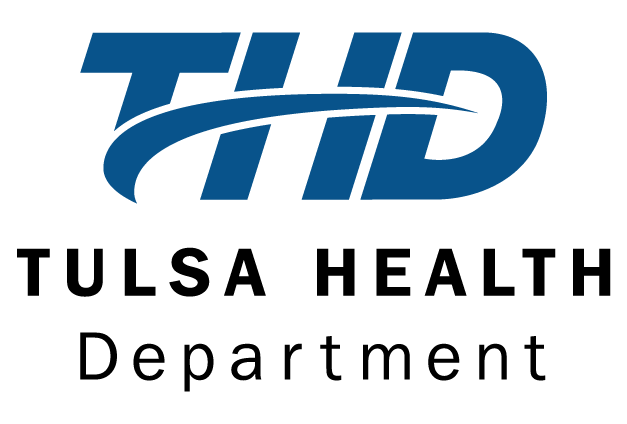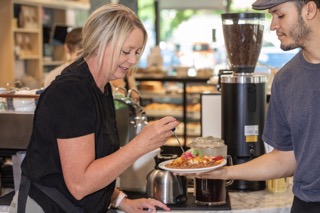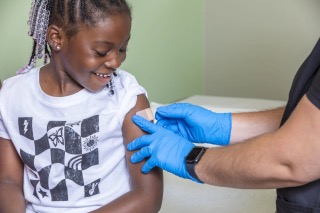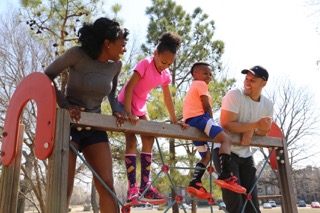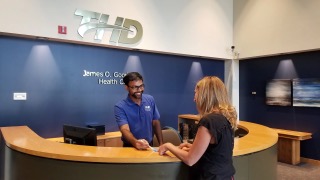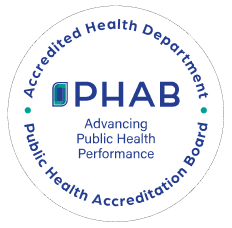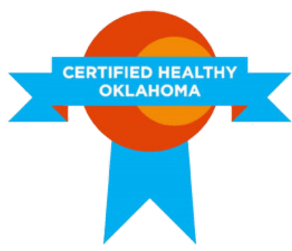TULSA, OK – [March 24, 2015] – The Tulsa Health Department’s Regional Prevention Coordinator (RPC) program in partnership with the Oklahoma ABLE Commission and the Oklahoma Department of Mental Health and Substance Abuse Services will host a 2 Much 2 Lose (2M2L) training for police officers and community members March 25-26th at the Tulsa Technology Center Peoria Campus, 3850 North Peoria.
The 2M2L initiative reminds the community that they have too much to lose to furnish alcohol to minors or consume alcohol underage.
“In Oklahoma alone the annual cost of underage drinking is $831 million in medical costs, pain and suffering, work lost, and so on,” said Marianne Long, RPC program manager. “The 2014 Oklahoma Prevention Needs Assessment survey found that 44.7% of Tulsa County high school seniors responding reported drinking within the last 30 days. We believe that the 2M2L training is an effective and important way to reduce underage drinking and the related social problems.”
The two-day 2M2L will provide an in depth look at environmental prevention strategies to reduce underage drinking. The training incorporates tactical instruction in party dispersals and compliance checks with community building strategies. The training will equip law enforcement officers and community members with the knowledge and skills to properly perform prevention strategies in a joint effort to enforce the underage drinking laws.
The training begins at 9 a.m. each day. On Wednesday, officers will conduct compliance checks at Tulsa establishments. On Thursday, the training will include a mock underage drinking party for officers to demonstrate the skills they learned in safely dispersing this type of event.
Regional Prevention Coordinators
Regional Prevention Coordinators (RPC) is a grant funded program established to reduce the rates for underage drinking, adult binge drinking, and the non-medical use of painkillers within Tulsa County. The work of RPC is concentrated on population-level change in Tulsa County by assisting communities in determining the substance abuse problems affecting their constituents and the most effective strategies to address these problems. RPC works with local coalitions and stakeholders to gather data, track trends, and provide training and technical assistance within the community. Additionally, RPC provides support for town hall meetings and assists with local alcohol and tobacco compliance operations. For more information regarding RBSS trainings or the RPC program at the Tulsa Health Department, please visit www.tulsa-health.org.
